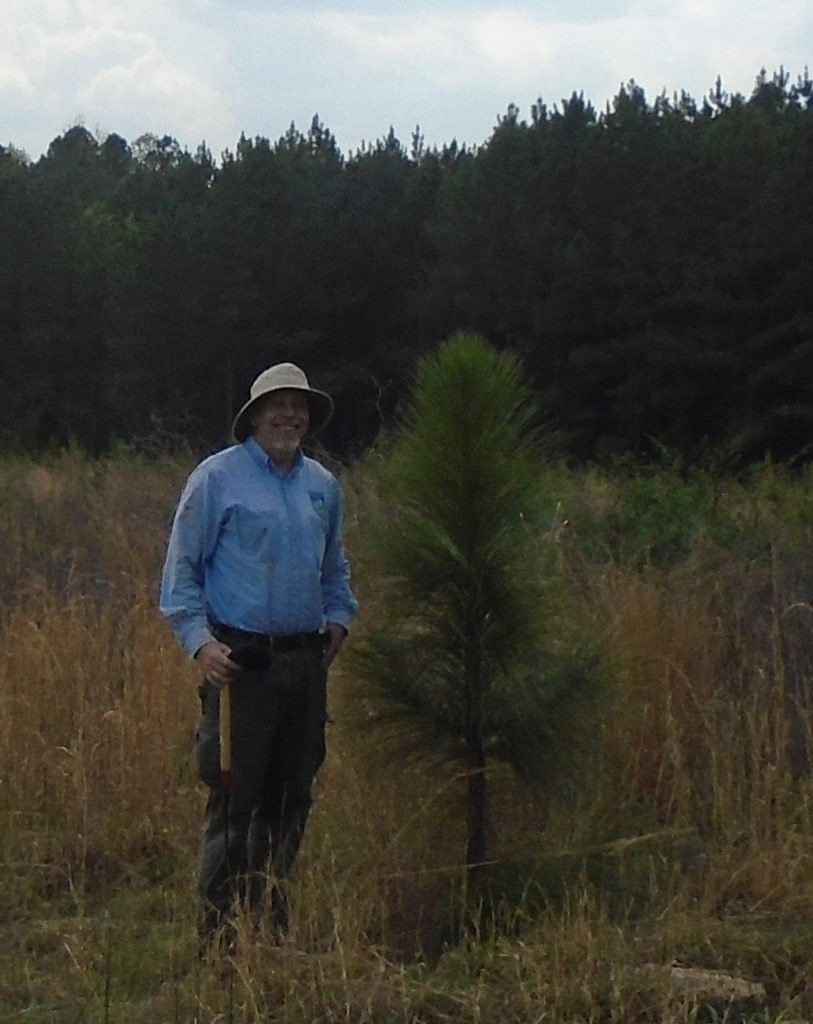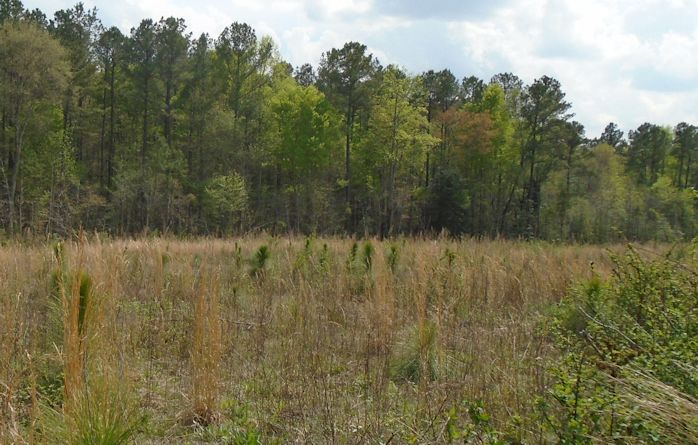I recently wrote a post that included criticism of how AP classes study American history. I have been thinking about that since and noticed the persistent negativity. America became great by Americans doing great things. Every great thing, however, no matter the magnitude of benefit, will also create problems. The greater the total affected, the greater will be the total of negative effects, like a larger circle of light touches a larger area of darkness. We should certainly consider the negatives, but need to balance.
I was especially thinking about this as I am about halfway through “Water to the Angels,” a biography of William Mulholland and his bringing water to Los Angeles. I knew there was a lot of controversy about this water project, so I did a little general background research. Among the things I found was a PBS series and a lesson plan. The segment concerning this was called. “Water Use: Tragedy in the Owens River Valley.” That is kind of a loaded title, don’t you think? And it is a good example of the negativity I am talking about.
Most of the landowners in the Owen Valley lost water rights. This loss, BTW, was more potential than real. It could be called a tragedy, I suppose. But in compensation, the Los Angeles and the valleys around it got water they needed to grow. The Owens Valley was, and still is, remote. When the water project was built, there were only around 4000 people living there. It would not have supported many more. Most were able to sell the land or water rights for more than the market value. Although this was less than they would have/could have demanded had they known the magnitude of what was about to happen, but it is hardly a tragedy. In fact, IMO, it would have been a little unfair for them make all the money on the work others were contemplating.
Some people love to hate Southern California, but everyone has to admit that it is a miracle of engineering. The possibilities created by William Mulholland were truly remarkable. There were costs. There remains an alkaline dust problem in the Owens Valley. But if you compare that to all the innovation, industry and wealth created in Southern California over the past century, it is like holding a candle to the sun. If the water had not been “stolen,” growth in Los Angeles region would have essentially stopped. Of course, we could have irrigated land in the Owens Valley and produced more alfalfa.
Were I writing the lesson plan, I would title it something like, “The Miracle of Southern California” and put it in context of other projects, such as the one in New York about the same time that was supplying water to NYC, or later big projects such as Hoover Dam or Grand Coulee. W/o the energy and materials produced as a result of these projects, our country may not have prevailed in World War II. That would have been a tragedy of worldwide proportions.
Challenges overcome and costs paid say a lot about great people doing great things. We should taste both the sweet and the bitter but can choose which to emphasize. Lots of things are true at the same time.
“Do I contradict myself? Very well, then, I contradict myself; I am large — I contain multitudes.”
― Walt Whitman
Reference http://www.amazon.com/Water-Angels-Mulholland-Monumental-Aqueduct/dp/0062251422


